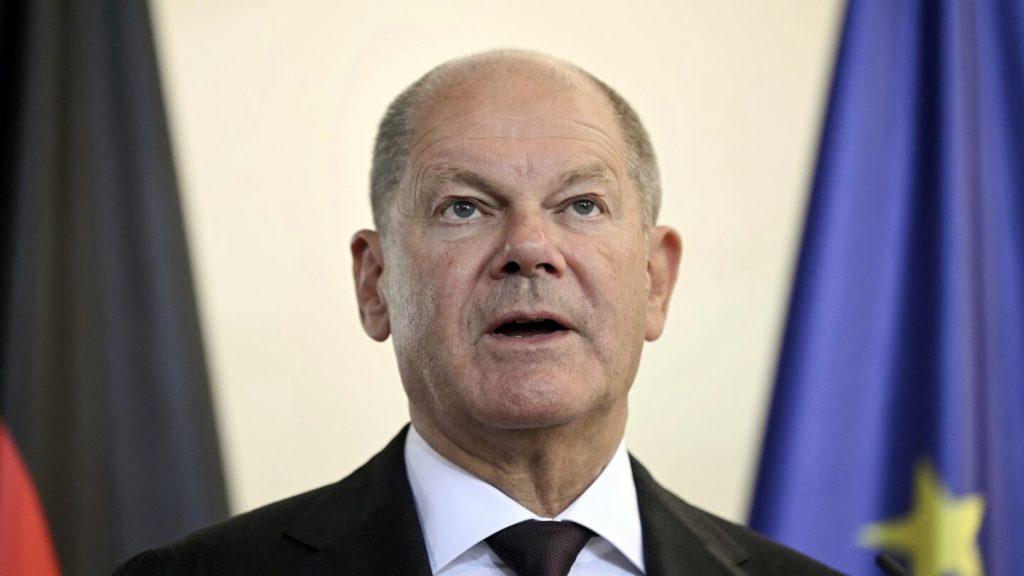The Solingen knife attack in Germany has sparked discussions on tightening deportation policies and curbing migration in the country. Chancellor Olaf Scholz announced that Interior Minister Nancy Faeser would hold talks with representatives from the opposition, state governments, and federal ministries to address the consequences of the attack and work towards reducing irregular migration to Germany. The incident, in which a suspected extremist from Syria killed three people, has put pressure on the German government to take action.
Following a previous knife attack by an Afghan immigrant in May, Scholz had vowed to resume deportations of criminals from Afghanistan and Syria. However, the process of implementing these measures is still ongoing. The recent attack in Solingen has further highlighted the challenges of returning rejected asylum-seekers to the first country they entered in the European Union, as required by EU rules. The suspect in this case was meant to be deported to Bulgaria last year but managed to avoid deportation.
Opposition leader Friedrich Merz presented proposals to Scholz, including turning back migrants at Germany’s borders if they had already entered another EU country, even declaring a “national emergency” if necessary. He also suggested halting the admission of refugees from Afghanistan and Syria. Scholz, however, emphasized the importance of the individual right to asylum, as guaranteed by the German constitution. He highlighted the actions his government has already taken to facilitate deportations and impose border controls, stating that lessons would be learned from the Solingen attack.
The discussion around deportations and migration policies in Germany comes in the wake of increased public scrutiny following the recent knife attacks. The government is under pressure to address security concerns and prevent further incidents. The proposed measures aim to enhance border controls, streamline deportation procedures, and potentially limit the admission of refugees from certain countries. Debates over the balance between individual rights and national security will likely continue as policymakers navigate these complex issues.
The upcoming talks between government officials, opposition representatives, and state governments will focus on practical measures to address the challenges posed by irregular migration and strengthen the deportation process. The goal is to prevent future attacks and improve security measures in Germany. As the country grapples with the aftermath of the Solingen incident, there is a renewed sense of urgency to address gaps in the current immigration system and enhance cooperation between different levels of government. The outcome of these discussions will have a significant impact on German immigration policies and the broader debate on migration in Europe.


